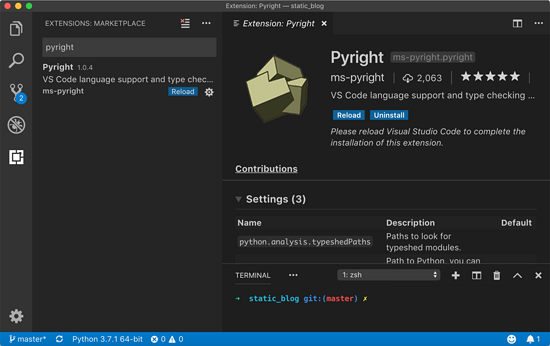python自动结束mysql慢查询会话的实例代码
生产环境的有些sql查询写得太复杂,或是表很大,对应索引未建立或建立不合理,或是查询未充分使用索引等,就有可能出现慢查询,一些慢查询需要修改程序,可能没那么快能解决,这时如果有个脚本能自动检测符合条件的慢查询会话并结束,那么是很方便的,当然运维人员也可顺便弄个检测慢查询并告警的脚本。
涉及知识点
- mysql慢查询会话查询
- schedule定时任务调度
- pymysql执行sql
代码分解
mysql慢查询
#会话查询,只能查询所有会话,不能按条件过滤,不过比较好记
show PROCESSLIST;
#从information_schema中查询会话,可以按条件过滤
SELECT
*
FROM
information_schema.`PROCESSLIST`;
#查询符合条件的慢会话,id是会话ID,info是正在执行的sql,time是会话持续时间,杀会话时注意要做好过滤
SELECT
id,
info,
time
FROM
information_schema.`PROCESSLIST`
WHERE
info LIKE '%select * from table%'
AND time > 10;
#直接使用sql批量杀会话,拼接kill xxx;后,拷贝了在控制台执行
SELECT
concat('KILL ', id, ';')
FROM
information_schema.`PROCESSLIST`
WHERE
info LIKE '%select * from table%'
AND time > 10;
脚本主入口
if __name__ == '__main__':
#每5秒执行检查任务
schedule.every(5).seconds.do(kill_slow)
#此处固定写法,意思是每秒钟schedule看下是否有pending的任务,有就执行
while True:
schedule.run_pending()
time.sleep(1)
schedule的其它示例
import schedule
import time
def job(message='stuff'):
print("I'm working on:", message)
#每10分钟
schedule.every(10).minutes.do(job)
#每小时
schedule.every().hour.do(job, message='things')
#每天10点30分
schedule.every().day.at("10:30").do(job)
while True:
schedule.run_pending()
time.sleep(1)
pymysql使用
# 连接数据库,设置结果集用dict返回,autocommit自动提交事务
db = pymysql.connect(host='localhost', db='dbname',
user='root', passwd='admin',
port=3306, charset='utf8',
cursorclass=pymysql.cursors.DictCursor, autocommit=True)
cursor = db.cursor()
查询符合条件的慢会话并结束
def kill_slow():
cursor.execute(
"""
SELECT
id,
info,
time
FROM
information_schema.`PROCESSLIST`
WHERE
info LIKE '%select * from table%'
AND time > 10;
""")
slow_sessions = cursor.fetchall()
for slow_session in slow_sessions:
print("slow session detected, kill it:\n id:%s\nsql:%s" % (
slow_session[0], slow_session[1]))
cursor.execute("kill %s", slow_session[0])
完整代码
import time
import pymysql
import schedule
# 连接数据库,设置结果集用dict返回,autocommit自动提交事务
db = pymysql.connect(host='localhost', db='dbname',
user='root', passwd='admin',
port=3306, charset='utf8',
cursorclass=pymysql.cursors.DictCursor, autocommit=True)
cursor = db.cursor()
def kill_slow():
cursor.execute(
"""
SELECT
id,
info,
time
FROM
information_schema.`PROCESSLIST`
WHERE
info LIKE '%select * from table%'
AND time > 10;
""")
slow_sessions = cursor.fetchall()
for slow_session in slow_sessions:
print("slow session detected, kill it:\n id:%s\nsql:%s" % (
slow_session[0], slow_session[1]))
cursor.execute("kill %s", slow_session[0])
if __name__ == '__main__':
# 每5秒执行检查任务
schedule.every(5).seconds.do(kill_slow)
# 此处固定写法,意思是每秒钟schedule看下是否有pending的任务,有就执行
while True:
schedule.run_pending()
time.sleep(1)
总结
以上所述是小编给大家介绍的python自动结束mysql慢查询会话的实例代码,希望对大家有所帮助!
